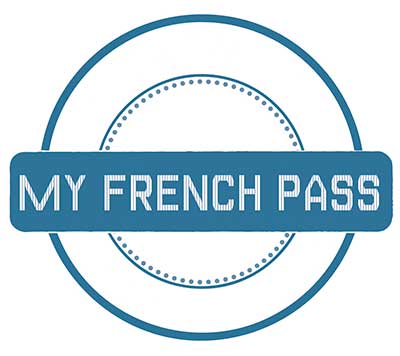The Common European Framework of Reference for languages (2001) was built by the European Council to provide a common reference in Europe for national and regional languages, specifically for teachers and trainers. But being a student, A1 or B2, what is the difference? What is your level in French Language?
What skills for each level?
Each of the three categories of users (A elementary, B independent, C experienced), includes 2 different levels. In total, they are 6 levels from A1, first step (the Breakthrough) till C2, level of fluent language. When beginning a course in any language, you ought to have a placement test in order to assess the level of your knowledge of the language. Here are some keys to understandhe associated skills.
- You have the level A1, if you are able to answer to simple questions about yourself, your living place, the people you know, the things you own and ask questions on that topics, too. You can fill out a simple form (name, address, nationality, civil status) and write a basic post card.
- Level A2 gives you the ability to have a short conversation about your profession and leisure. You can manage for the day-to-day social relationships and logistic, express your feelings with simple words and describe your environment: people, places, professional or academic experience, habits. You use a simple language and can read and understand simple messages.
- What about the level B1, the ‘Threshold level’? You get it if you can discuss and give your opinion about a topic, ask someone else to precise his thoughts and opinions. Explaining a difficulty and managing in an unexpected event have no more secret for you. You are autonomous if you are able to describe a process, give instructions and exchange a big amount of information about usual or unusual topics with confidence. You understand the main meaning of TV programs and conferences and you can write short texts.
- Level B2 allows you to understand the main content of abstract and complex texts, including technical discussion from your specialty. You communicate with a native person spontaneously and easily, without tension. You can express clearly your opinion and knowledge about a large range of topics and on actuality.
- C1 is the ‘autonomous level’. This level allows you to understand a very large range of long and difficult texts and its implied significations. You can speak rather fluently and spontaneously, without looking for your words. You use the language efficiently and with flexibility in every field of your life, with a structured and coherent language.
- Finally, you reach level C2 when you understand everything you read or can hear and sum it up with coherence facts and arguments. You are able to communicate spontaneously, fluently and precisely and express thin shades of meaning about complex topics.
Where can you prepare and certify these levels?
The TCF (Test de Connaissance du Français), valid during 2 years, gives your level in French, with a test of understanding.
Read more www.ciep.fr/tcf
The DELF Diploma from level A1 to C2 can be obtained by examination in certified centers (university, language Institutes), by the CIEP.
Read more www.ciep.fr/diplomes-tests
To learn French however, following your availability and the offers around, you can attend French schools more formaly or prepare it with My French Pass.
There is always a way to learn French efficiently: your turn to play!
Bibliographie:
Cadre Européen Commun de référence pour les langues: Apprendre, enseigner, évaluer – Conseil de l’Europe – Editions Didier, 2001 Télécharger : http://www.coe.int/T/DG4/Linguistic/Source/Framework_FR.pdf

